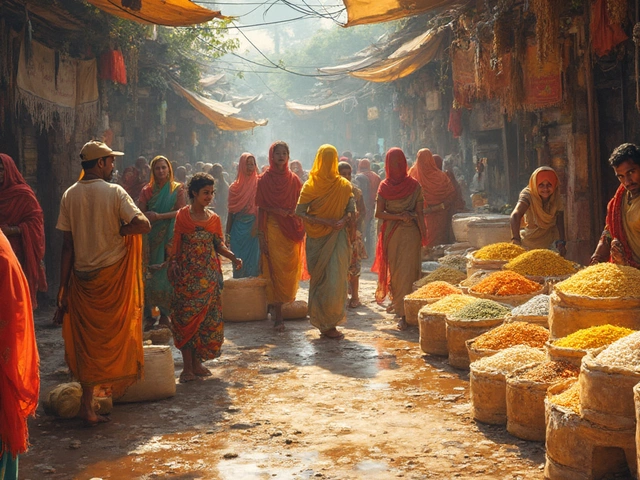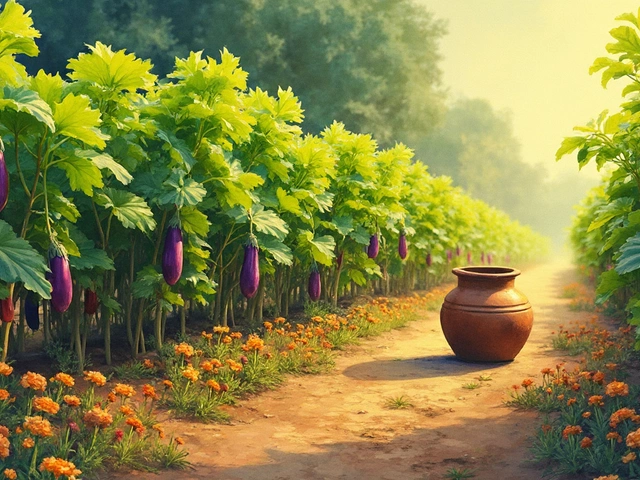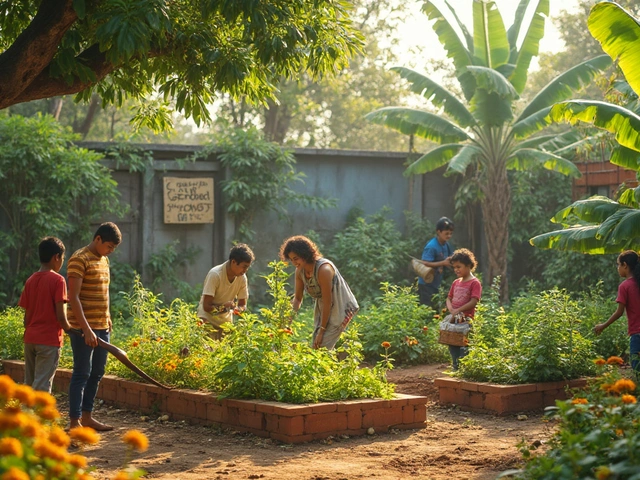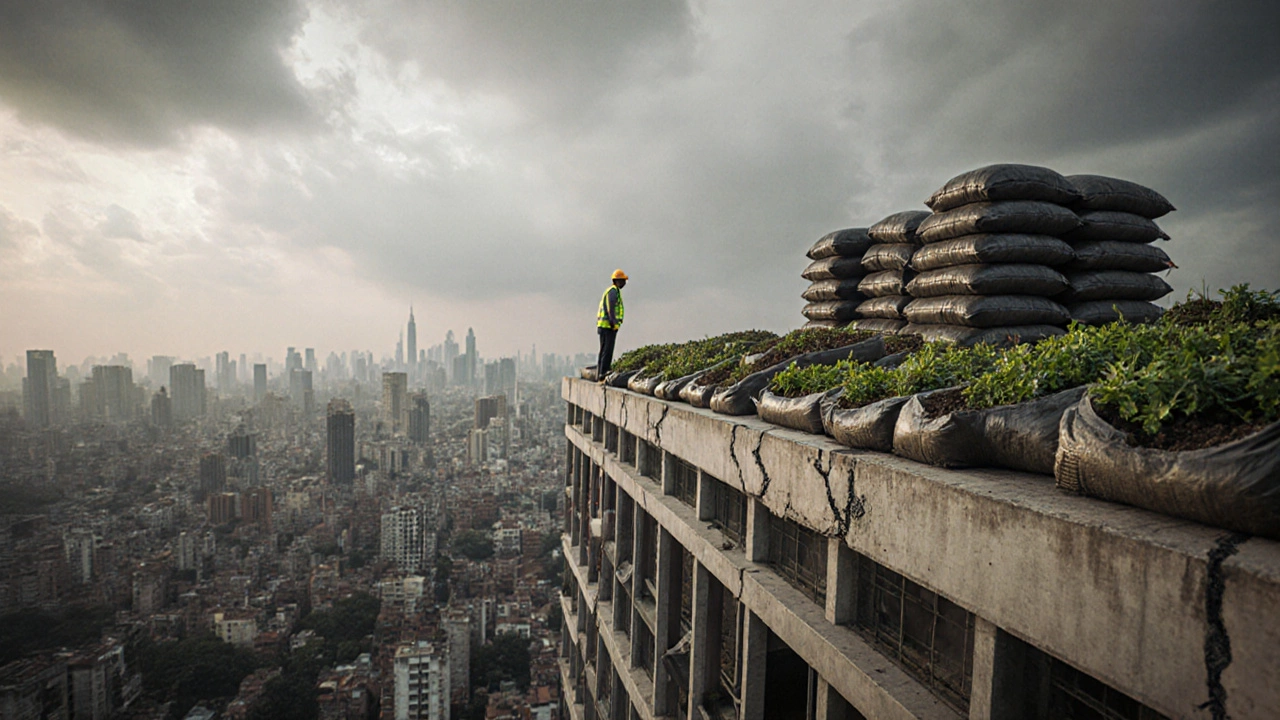City Farming Risks – Essential Guide for Urban Gardeners
Living in a bustling city doesn’t mean you can’t grow fresh food at home, but urban gardening comes with its own set of challenges. Before you dig in, it helps to know what could go wrong so you can plan ahead and keep your garden healthy.
Common Risks in City Farming
Soil contamination is often the biggest worry. Heavy metals, old paint, or leftover chemicals can linger in ground that’s been used for construction or parking. Even a tiny amount of lead can harm your veggies.
Limited space pushes many city growers to use containers or raised beds. Small volumes mean quicker drying, hotter roots, and higher chances of nutrient loss.
Water scarcity hits hard when you rely on municipal supply or rain barrels that don’t fill up often. Inconsistent watering leads to stress, pest outbreaks, and weak growth.
Pest pressure is amplified in tight neighborhoods. Pests can travel from balcony to balcony, and the lack of natural predators in concrete areas makes infestations spread fast.
Legal and zoning rules can halt a project before it starts. Some apartments forbid certain structures, while city councils may limit water use or require permits for rooftop gardens.
Microclimate extremes are another hidden risk. Heat islands make city rooftops hotter than surrounding land, causing rapid soil drying and sunburned leaves.
How to Mitigate Those Risks
First, test your soil. A simple DIY kit can tell you if heavy metals or extreme pH are present. If the test comes back bad, switch to raised beds with clean, sterile compost.
Choose the right containers. Look for ones with good drainage holes and consider adding a layer of gravel at the bottom to improve airflow. Use lightweight potting mixes that hold moisture but also drain well.
Invest in water‑saving tools. Drip irrigation or soaker hoses deliver water directly to the root zone and waste far less than sprinklers. Collect rainwater in barrels, and let it sit a day or two to let chlorine evaporate before you use it.
Practice companion planting. Pair herbs like basil or mint with tomatoes to naturally repel aphids and whiteflies. A few marigolds can keep nematodes at bay, reducing the need for chemicals.
Stay on top of local regulations. Check with your building manager or municipal office about any permits required for rooftop structures, weight limits, or water usage caps.
Finally, protect plants from heat spikes. Use shade cloths during the hottest part of the day, and mulch the surface of containers with straw or shredded leaves to keep soil temperature stable.
Urban gardening can be rewarding, but it’s only safe and productive when you understand the pitfalls. By testing soil, managing water, and choosing smart plant combos, you turn city farming risks into manageable steps. Keep these tips in mind, and you’ll enjoy fresh, home‑grown produce without the surprise setbacks.
The Hidden Drawbacks of Rooftop Farming
Explore the major drawbacks of rooftop farming, from structural load limits and water leakage to high costs, regulatory hurdles, and microclimate challenges, plus tips to mitigate the risks.
About
Sustainable Gardening
Latest Posts


Which Ethnicity Consumes the Most Rice Daily?
By Alden Thorne Mar 16, 2025

Discovering the Queen of Vegetables in India: Brinjal
By Alden Thorne Feb 5, 2025

Self-Sustaining Garden: How to Start One the Easy Way
By Alden Thorne Jun 18, 2025

